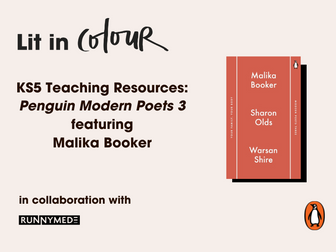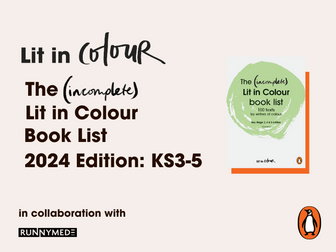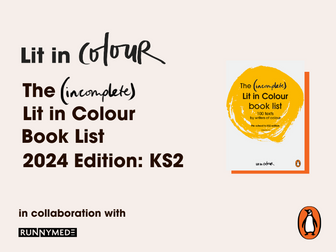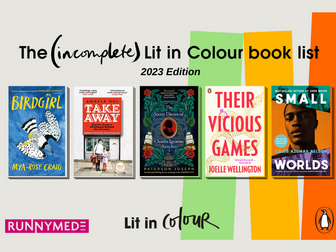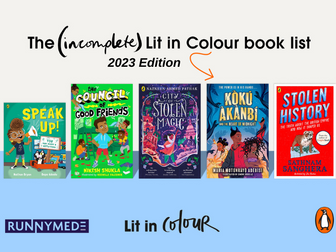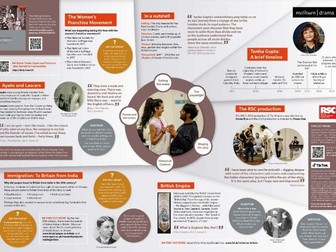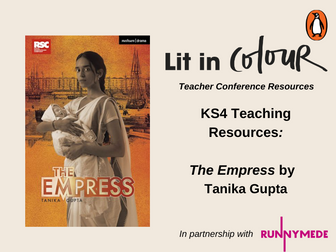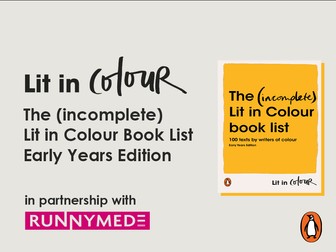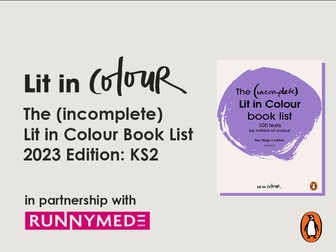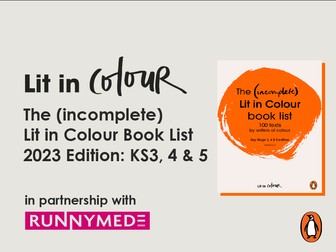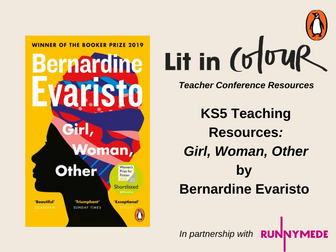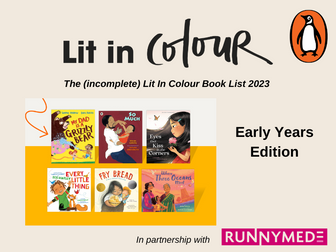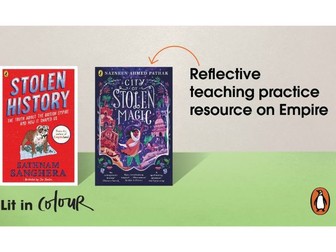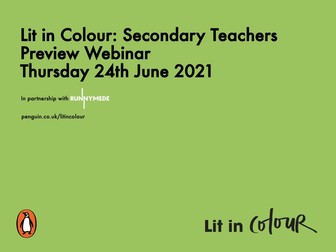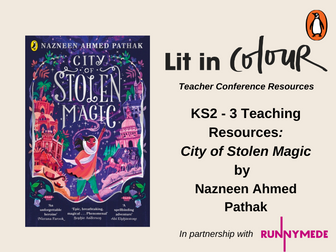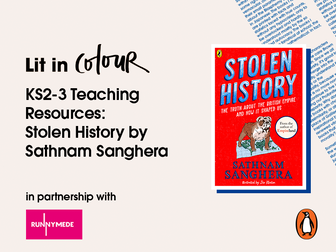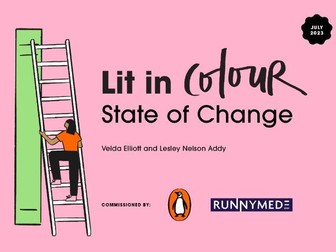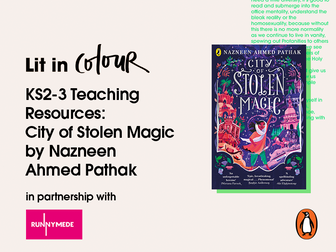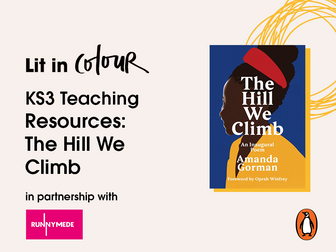Penguin Modern Poets 3 (KS5) - featuring Malika Booker
<p>The latest volume in <em>Penguin Modern Poets</em> series - a moving and unflinchingly honest poems from three different cultures about experiences of the female body, the family, sexual politics and conflict. <em>Penguin Modern Poets 3: Your Family, Your Body</em> features the work of Malika Booker, the Guyanese-British writer and performer behind London and Chicago-based collective Malika’s Kitchen.</p>
<p>The activities in this resource pack gives teachers and students in KS5 classes, who are studying Malika Booker’s poetry, or seeking an opportunity to engage with poetry for pleasure, the opportunity to engage with creative and assessment style activities and develop their reading, writing, speaking and listening skills.</p>
<p>The activities are designed to be used alongside the videos of poet Malika Booker, and the PDF extracts are taken from the text.</p>
